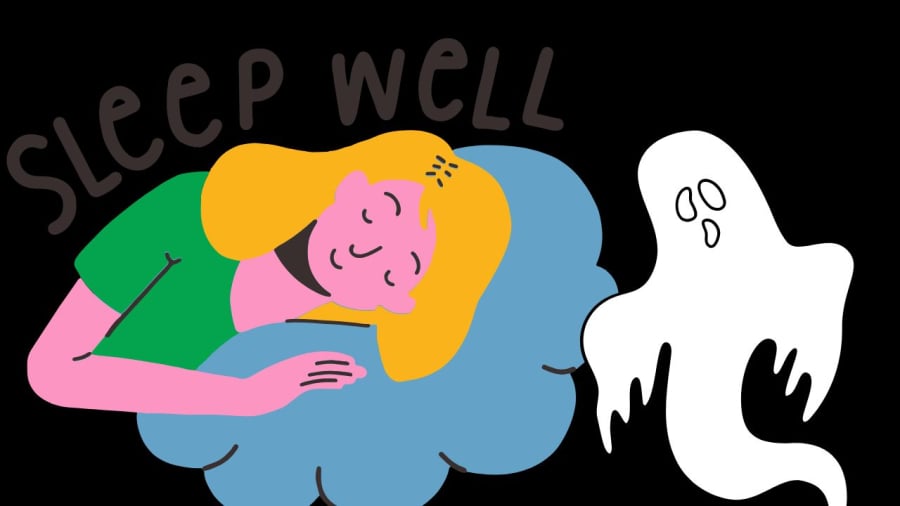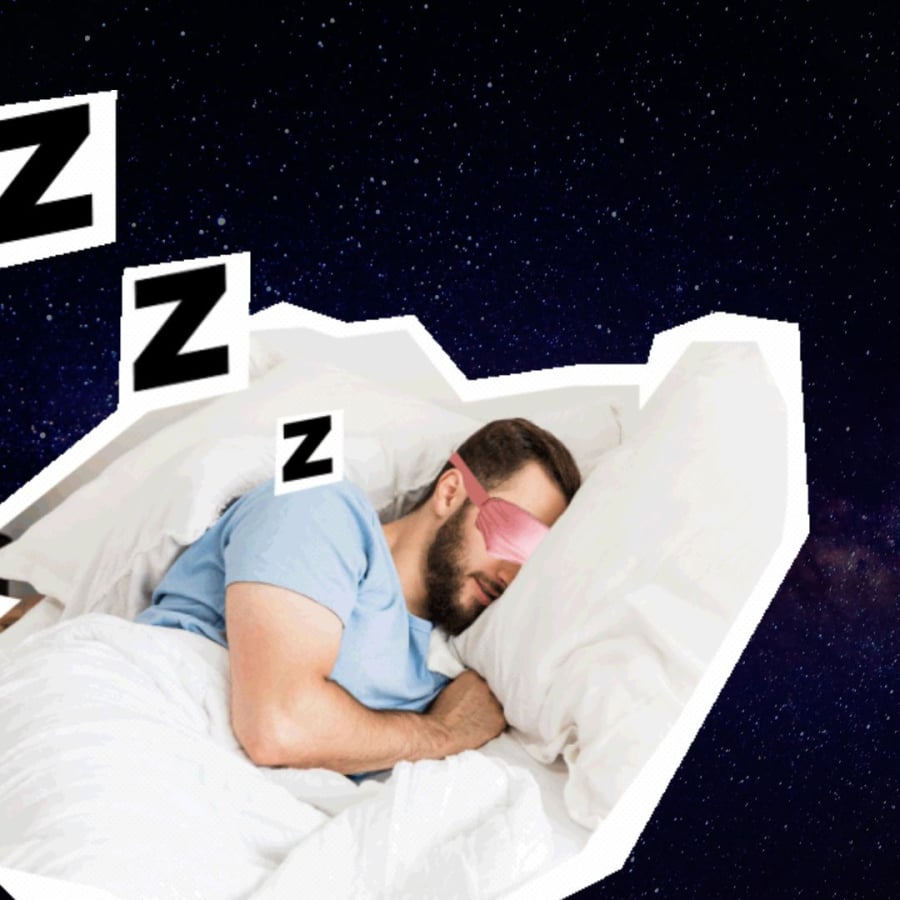In folk beliefs, there are often seemingly simple pieces of advice that carry profound meanings, blending spiritual connotations with the wisdom of generations past. One such intriguing adage cautions: “Do not answer when you hear your name called while asleep.” This particular saying has sparked curiosity and has been embraced by many families, especially in rural Vietnam. But why did our ancestors advise against answering during sleep? Was it mere superstition, or was there a deeper philosophy behind it?
The Origin of the Caution: “Do Not Answer While Asleep”
This caution stems from the spiritual culture of the East, where it is believed that invisible connections exist between the living and the afterlife. Specifically, in Vietnamese and broader East Asian beliefs, it is thought that during sleep, one’s soul can temporarily leave the body and wander in another realm. If suddenly awakened, especially by the sound of one’s name being called, and the soul does not immediately return to the body, it can result in confusion, sleepwalking, or even spiritual distress.

Furthermore, it is believed that answering a vague, distant call during sleep could mean responding to entities from the afterlife—wandering souls or spirits seeking a replacement for their earthly existence. Answering hastily could result in one’s soul being “led away,” causing illness, weakness, or even a comatose state.
The Spiritual Dimension: Harmony Between Soul, Vital Essence, and Body
In ancient beliefs, it was thought that a person consisted of three souls and seven vital essences (for males) or three souls and nine vital essences (for females). During sleep, if one is called by name and answers abruptly, the vital essence may be startled and fail to return to the body promptly, resulting in a state of “lost vital essence.” This was believed to make one susceptible to illness, forgetfulness, prolonged fatigue, or unexplained misfortunes.
Children, in particular, were strictly instructed not to answer when called during sleep, as they were considered to have weaker vital essences and were more vulnerable to being “teased by spirits” or followed by wandering souls if left unprotected. This is why ancestors often placed knives or garlic at children’s bedsides as a form of protection and to ward off negative spiritual influences.
Scientific and Practical Perspective: Should You Answer When Asleep?
From a scientific standpoint, the aforementioned caution is not without merit. When a person is in a deep sleep, especially during the REM stage, where the brain is highly active in processing memories and emotions, being abruptly awakened can induce a state of panic, increased heart rate, and elevated blood pressure. For individuals with cardiovascular or hypertension issues, this could pose a serious health risk.
Additionally, in a state between sleep and wakefulness, people often blur the lines between reality and fantasy, misinterpreting sounds or reacting instinctively. If experiencing a nightmare or sleep paralysis, answering a call could intensify the panic, leading to subsequent fatigue and insomnia.
Therefore, refraining from immediately answering when asleep is also a way of protecting one’s nervous system from unnecessary stimulation.

Customs, Rituals, and Respect for Sleep
Beyond the spiritual and scientific rationales, this caution also underscores the importance attached to sleep—a time for restoring energy and health. Our ancestors highly valued sleep, especially in the context of manual labor-intensive lifestyles. Waking someone unnecessarily was considered disrespectful, and the sleeping person was advised not to answer until they felt fully awake.
In some communities, if it was necessary to wake a sleeping person, parents or grandparents would gently pat their shoulder or lightly shake them instead of calling their name aloud. This approach was both gentle and avoided the potential issue of “calling away the vital essence,” ensuring the person woke up safely.
It was customary for the sleeping person to fully awaken before engaging in conversation or responding to the caller.
Preserving the Wisdom of Folk Advice
Despite its spiritual undertones, the saying, “Do not answer when you hear your name called while asleep,” carries cultural and educational values worth contemplating. It reflects:
- Caution in spiritual matters
- The connection between humans and the invisible world, as believed in Eastern philosophies
- A thoughtful approach to life, emphasizing listening and preserving health
The phrase, “Do not answer when you hear your name called while asleep,” is more than just a superstitious warning. It encapsulates the essence of lived experiences, intertwining spiritual beliefs with practical, empirical knowledge. Whether you subscribe to these beliefs or not, exercising caution during sleep and refraining from impulsive reactions is prudent—safeguarding both your physical health and mental tranquility.
Reference for contemplation
Eat a Banana a Day for a Beautiful Surprise
“Bananas are a true superfruit, offering an abundance of health and beauty benefits that many are yet to discover. From boosting your nutritional intake to enhancing your natural glow, this humble fruit packs a powerful punch. Read on to uncover the secrets of this versatile produce and learn why it should be a staple in every household.”





































